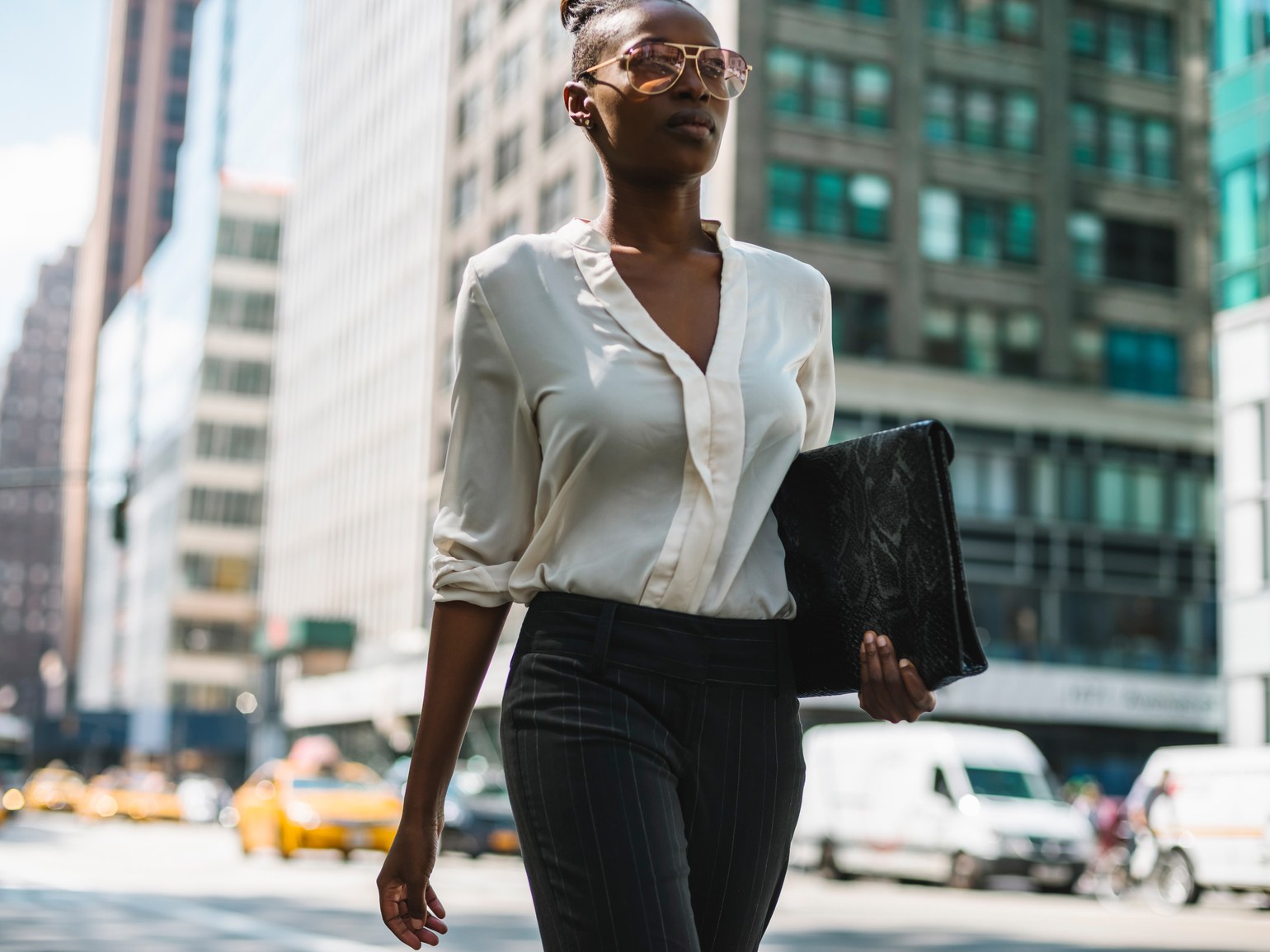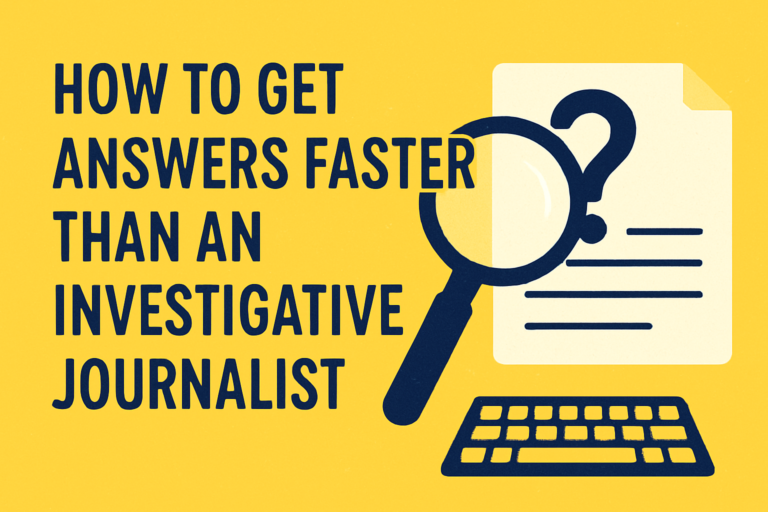
Communication, as we know, is far more than words and speech. Body language contributes a lot to how we are perceived and may mean the difference between securing a multi-million dollar deal and a wrong impression.
If you are one who attends business meetings or a lot or interviews, here are some tips to help you make a good impression.
Walk upright, don’t bend or have drooping shoulders
The way you walk as a woman communicates your power and sense of self. Walking straight into an interview room can positively influence a hiring decision, which is usually made within the first ten seconds. You should also neither walk too slowly nor too fast.
If you are asked wait in the reception area or a waiting room, you must ensure that your posture is upright and sits with confidence waiting for your turn. Some companies may have installed CCTV cameras to record your movements and also seek the opinion of the receptionist or front office manager regarding the body language and performance on arrival.
While walking into the room smile and have direct eye contact with the person you are going to meet apart from having a fleeting glimpse of others present.
Don’t lean backward or too forward
Once you are told to sit, gently adjust the chair if required without making sound and sit comfortably. Avoid hunching your shoulders tucked into the chin, tucked into your chest. If you lean back, interviewers may judge you to be lazy while sitting at the edge of the seat and leaning forward may denote aggression – both are not desirable in business meetings or interviews. Ideal posture would be back straight and chest open with expansive shoulders.
Appear at ease but not lazy but the posture should not be too stiff as to denote lack of confidence. It is good to maintain eye contact but don’t stare directly in the eye of the interviewer or chairman instead maintain face contact. Don’t get distracted by anything on the walls or let your eyes wander which denotes a lack of focus and attention.
It is better to follow the body language of the interviewers- if they are leaning forward, you can also lean forward a bit. It will build better connection and rapport.
Hand Gestures are important
Both your hands can become a handicap or an advantage depending on how fruitfully you utilize it. Most people turn nervous and don’t seem to know how to use their hands while speaking or talking. You must have seen politicians and public speakers effectively gesticulating with their hands and fingers while making a point or drawing attention to themselves, sometimes even thumping the desk or podium. When greeting someone, let your handshake be confident and warm. A weak handshake denotes lack of confidence and lack of authority. As you have to give a handshake with the right hand, keep all your belongings including resume or files on the left hand so that the right is free or else you may look clumsy transferring the folders to another hand before the handshake.
When gesturing keep your hands above the desk but below the collarbone so that you don’t appear aggressive or frantic. If you are positioned a foot away from the table, you must be comfortable with your hand gestures and leg movements.
According to experts, it is better not to hide your hands instead you can use gestures and also show your palm that denotes honesty and desire to engage. This is sure to keep the interviewer calm and comfortable to pursue his conversation. The limbic brain picks up the positive signals from such gestures and helps the interviewer to get ahead with the rest of the questions.
Control your breathing
You can appear tensed or relaxed depending on your breathing patterns. According to experts, the candidate has to focus on the breathing throughout the session to give a good impression to the interviewer. It is better to inhale while listening to a question and exhale while talking. There is also a physiological reason for breath control during interviews and meetings. It will enable you to lower the heart rate, blood pressure and reduces stress associated with the event. It is better to take ten deep diaphragmatic breaths before the interview which should make you comfortable.
Nodding your head often
When an interviewer says something, if it is about the job profile, the company and any other information related to the job, then it is better to nod a few times when an important message is conveyed. Nodding your head too often may denote means you are in agreement with everything or sometimes not listening properly or be a ‘Yes’ person.
You can get more information on this topic by listening to Amy Cuddy’s TED Talk ; Your Body language may shape who you are.
Source: www.educba.com


